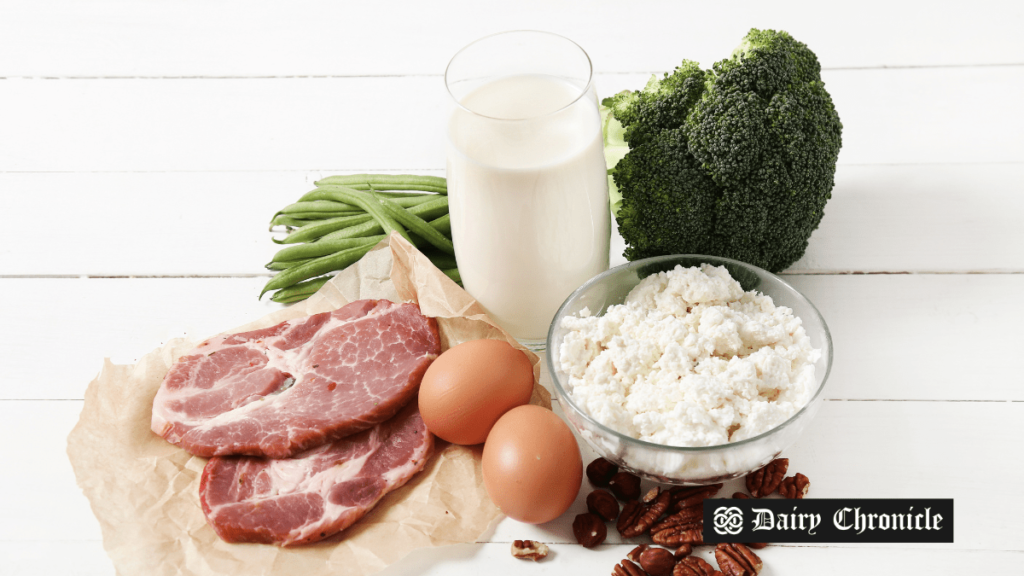New research from Japan indicates that meat and milk may help prevent gut cancers by enhancing immune responses through food antigens. Conducted at the RIKEN Center, the study challenges the negative perception of food antigens, traditionally linked to allergies, and suggests that a diverse diet rich in these components may protect against small intestinal tumors. Caution is advised against antigen-free diets, particularly for vulnerable individuals, as they may lead to unforeseen health risks. The findings call for a reevaluation of popular dietary trends and the importance of medical guidance in dietary choices.
New research from Japan is challenging common dietary perceptions by suggesting that meat and milk may play a significant role in preventing gut cancers. A groundbreaking study led by a team at the RIKEN Center for Integrative Medical Sciences has unveiled a fascinating link between our food choices and the prevention of tumors in the small intestine.
The Role of Food Antigens
Under the direction of Hiroshi Ohno, researchers have discovered that food antigens—particularly those found in meat and milk—may be crucial in preventing gut tumors. This finding contradicts the negative perception often associated with food antigens, which are typically linked to allergic reactions to items like peanuts and shellfish. The study highlights that these antigens can have protective effects against the development of tumors in the gastrointestinal tract.
Risks of Antigen-Free Diets
Ohno cautions against the risks associated with antigen-free diets, particularly for vulnerable populations. “Although small intestinal tumors are less common than those in the colon, individuals with familial adenomatous polyposis face a higher risk. Therefore, the clinical application of elemental diets for treating inflammatory bowel disease or other gastrointestinal issues in these patients needs careful consideration,” he stated in a recent media release. The study emphasizes that eliminating food antigens from the diet could lead to unforeseen health risks.
A Closer Look at the Findings
The study’s results indicate that a diet abundant in diverse food antigens may be effective in preventing small intestinal tumors. The researchers found that specific components in meat and milk might enhance immune responses and gut health, contributing to tumor suppression. However, they stress the need for further studies, especially involving human participants, before drawing definitive conclusions.
Emphasizing the Importance of Diverse Diets
This research not only reshapes our understanding of the connection between diet and cancer but also raises important questions about specific dietary practices. The findings advocate for re-evaluating popular antigen-free or elemental diets, often pursued for weight loss or to alleviate inflammation, as potentially counterproductive if followed without proper medical guidance.
In conclusion, this groundbreaking research underscores the potential benefits of a diverse diet rich in food antigens for preventing small intestinal tumors. It challenges prevailing dietary trends that discourage the consumption of foods like meat and milk, emphasizing the need for medical guidance when making dietary changes to ensure a balanced approach to health. The study adds to the growing body of evidence that suggests traditional food sources may have significant health benefits that should not be overlooked.



